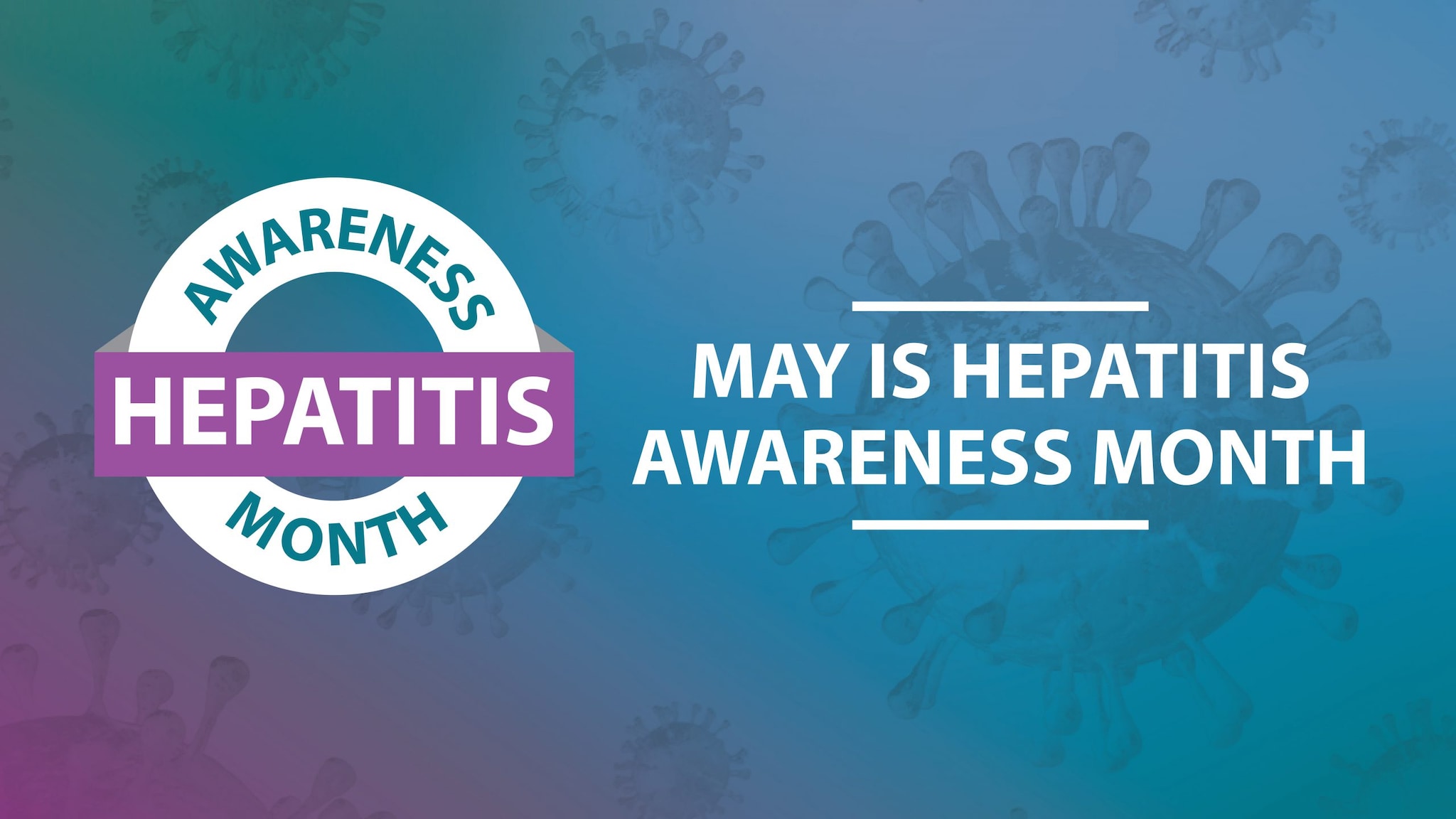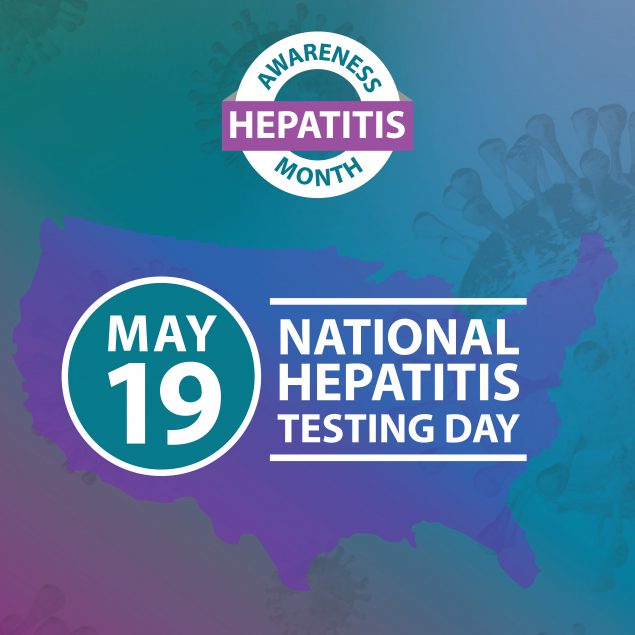|
|
|
The BackPage
Vaccine News Alert
|
|
|
|
|
Meningococcal Vaccines
|
|
|
Because meningococcal meningitis is mainly caused by 5 types of meningococcal bacteria - ABCWY - two separate meningitis vaccines are necessary to be fully immunized against the disease: MenACWY and MenB. While more adolescents and young adults have received the MenACWY vaccine, few have received the MenB vaccine. 78.2% of 17-year-olds have NOT received at least one dose of the MenB vaccine as compared to 11.1% having NOT received at least one dose of the MenACWY vaccine.
|
MenB is routinely recommended for:
|
- People age 10 years and older who have functional or anatomic asplenia (including sickle cell disease)
- People age 10 years and older who have persistent complement component deficiency (an immune system disorder) or who take a complement inhibitor such as eculizumab (Soliris, Alexion Pharmaceuticals) or ravulizumab (Ultomiris, Alexion Pharmaceuticals)
- People age 10 years and older who are exposed during an outbreak caused by serogroup B
- Microbiologists who work with meningococcal isolates in a laboratory
|
For adolescents and young adults not otherwise at increased risk for meningococcal B disease, ACIP recommends that a MenB series may be administered to people 16 through 23 years of age (preferred age 16 through 18 years) on the basis of shared clinical decision-making. The shared clinical decision-making recommendation allows the clinician and patient to decide together based upon the risks and benefits of vaccination for the individual patient. Patients should be informed of the option to be vaccinated against meningococcal serogroup B disease and the decision to vaccinate against MenB should be made by the provider and patient together. VFC providers should maintain some MenB Vaccines for VFC eligible patients ages 16-18 years of age.
|
|
Transferring Vaccine
|
|
|
|
Vaccine transfers increase the risk of a temperature excursion and therefore are not a recommended practice. Vaccine transfers should not be routine and are discouraged unless transferring short dated vaccine, or in the event of emergency such as a power outage.
|
- Locate another enrolled provider to accept the vaccine transfer. Contact the order center for assistance in locating a provider if needed.
|
|
|
|
|
- Submit the return/transfer form along with the current month’s temperature log for approval before transferring publicly supplied vaccines. Email forms to vvfc@vdh.virginia.gov
- After receiving approval for your transfer, make arrangements for the date and time to conduct the transfer. Ensure you have a working digital data logger, with a current certificate of calibration, for use during transport. Ensure you have all necessary materials to pack and transport the vaccine.
|
Transporting Vaccine
|
|
|
|
A currently calibrated data logger must always be used to monitor vaccines during transport.
|
|
|
|
|
|
Gold Star Awards
|

|
March 1 to April 30, 2022
|
Outstanding VVFC Compliance
|
|
Orange Family Physicians, Orange
|
Shenandoah Memorial Hosp. Peds., Woodstock
|
|
Winchester Pediatric Clinic, Winchester
|
|
Adult Vaccine Update
|
|
|
|
Adult vaccination rates remain low in the United States and far below national targets, leaving millions of adults susceptive to vaccine preventable diseases and their potentially severe consequences. Additionally, with the aging of the U.S. population, the public health impact of vaccine-preventable diseases and their complications in adults is likely to grow.
|
To reinforce immunization as a routine part of health care, the National Vaccine Advisory Committee (NVAC) updated the Standards for Adult Immunization Practice to encourage providers to:
|
- Assess adults’ immunization needs at every clinical encounter
- Strongly recommend necessary vaccines
- Administer recommended vaccines or refer patients to the appropriate provider
- Document the vaccines patients receive in a state or local vaccine registry
|
The month of May is designated as Hepatitis Awareness Month in the United States, and May 19th is Hepatitis Testing Day.
|
|

|

|
|
During May, CDC and our public health partners work to shed light on the impact of these hidden epidemics by raising awareness of viral hepatitis while encouraging testing and vaccination. Hepatitis Awareness Month activities help to improve everyone’s understanding of viral hepatitis transmission and risk factors and to decrease social stigma against viral hepatitis.
|
|
|

|
|
|
|
|
|
Are you receiving the BackPage newsletter? If not, please subscribe by visiting either of these pages:
|
|
Sign up using the form on the right side of the page.
|
|
|
|
|
|
|
|
|